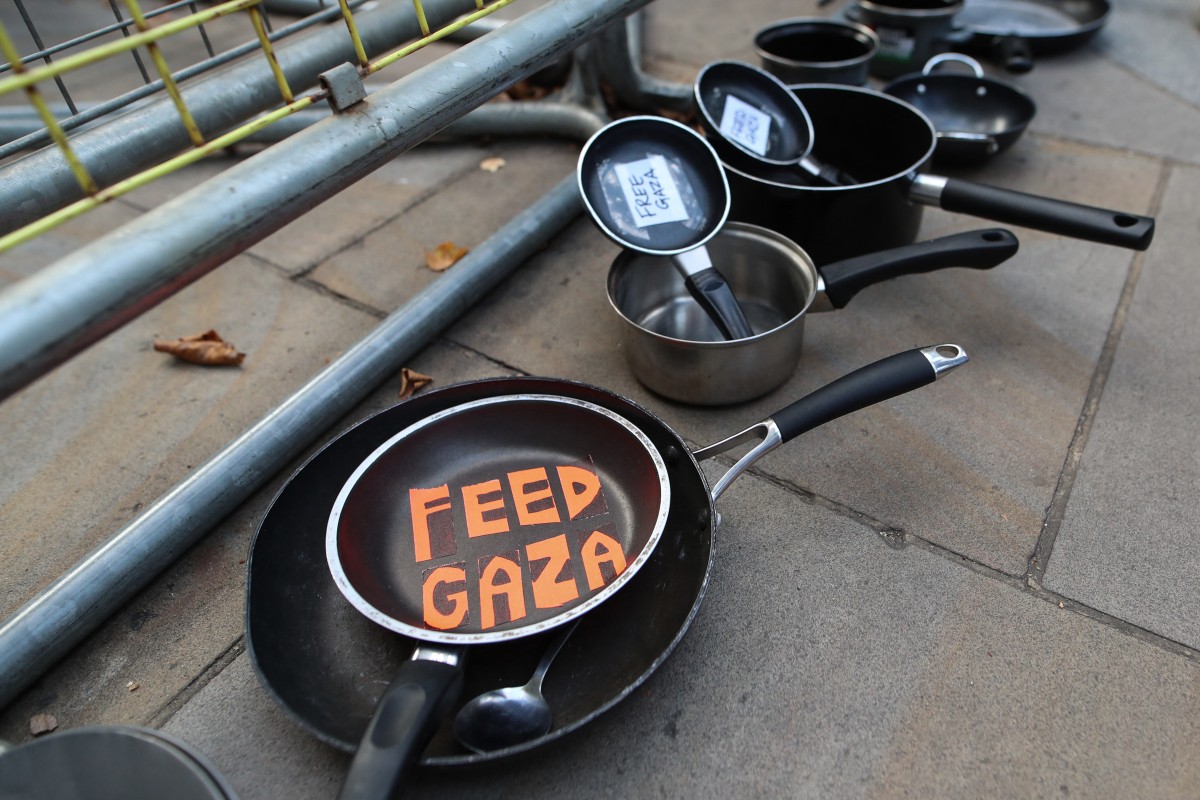Jerusalem, Undefined – The head of the UN agency for Palestinian refugees said Saturday that planned airdrops of aid into the Gaza Strip would not solve severe food shortages caused by months of restrictions on the entry of supplies.
An Israeli official told AFP on Friday that aid drops in Gaza would resume soon, adding they would be conducted by the United Arab Emirates and Jordan.
The humanitarian situation in the Palestinian territory has gravely deteriorated in recent days, with international NGOs warning of soaring malnutrition among children.
“Lift the siege, open the gates & guarantee safe movements + dignified access to people in need,” Lazzarini said, referring to the various entry points under Israeli control that regulate access into Gaza.
Israel imposed a total blockade on the entry of aid into Gaza on March 2 after talks to extend a ceasefire broke down. It began to allow a trickle of aid to enter again in late May.
The UN and NGOs on the ground have decried the severe scarcity facing Gaza’s 2.4 million people, with shortages of food, clean water, medicine and fuel.
Israel’s military said Friday that the country did “not limit the number of trucks going into the Gaza Strip”, and that humanitarian organisations and the UN were not collecting the aid once it was inside the territory.
Humanitarian organisations accuse the Israeli army of imposing excessive restrictions on the goods allowed into Gaza and on the routes made available to transport the aid to distribution points.
The United Arab Emirates, Jordan, France and other countries carried out airdrops in Gaza in 2024, at a time when the transport of aid on land routes also faced restrictions.
Many in the humanitarian community consider such drops to be ineffective and dangerous due to the relatively small volumes of deliveries and the risk of aid seekers being killed by landing crates, as has previously happened in Gaza.








